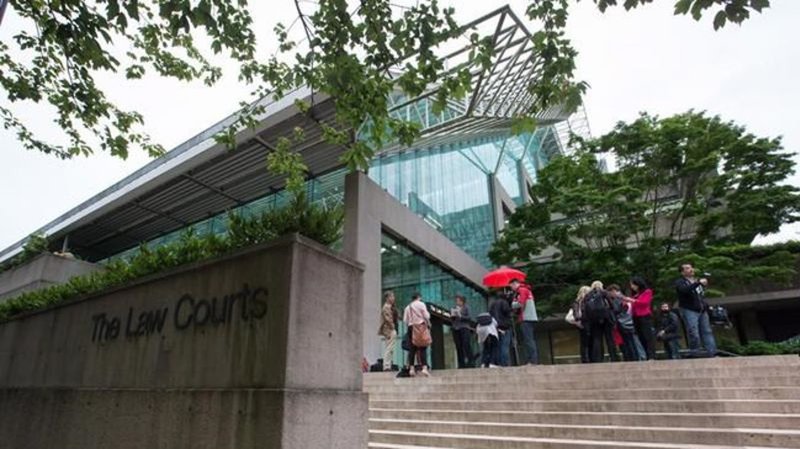
Single mothers group challenges B.C. government stance on legal aid system
VANCOUVER — A three-day hearing has begun in British Columbia Supreme Court, with a group challenging the provincial government’s stance that it doesn’t have the capacity to take a case regarding legal aid to trial.
The Single Mothers’ Alliance launched the constitutional case five years ago saying eligibility for legal aid does not meet the needs of low-income women, especially those escaping domestic violence.
The alliance is being represented by West Coast Leaf, whose executive director says eligibility requirements are problematic because single mothers must earn about $29,000 for a two-person household to qualify for legal aid.
Raji Mangat says that means many working mothers must represent themselves in what is essentially a “broken” system, leaving some retraumatized because they could be cross-examined by a former partner’s lawyer.

